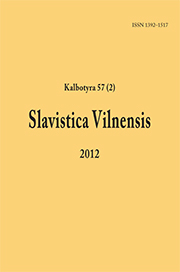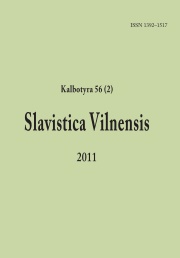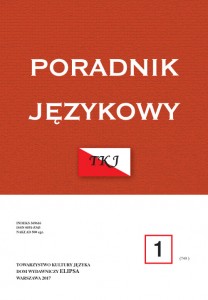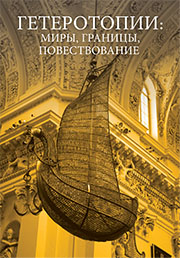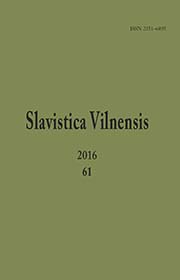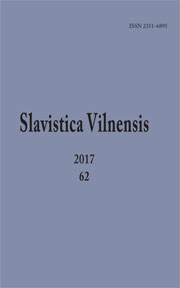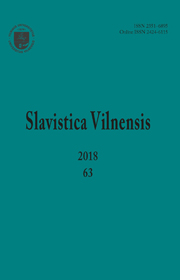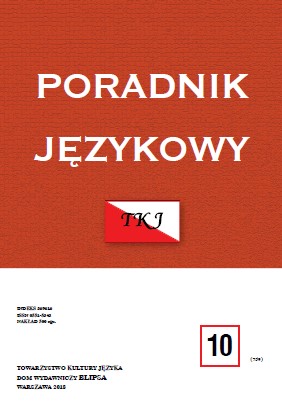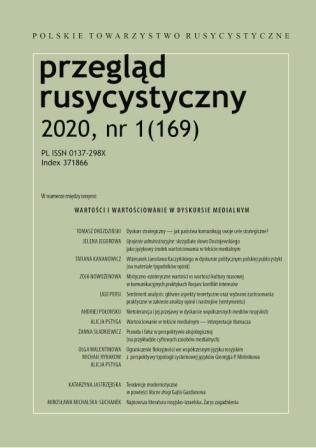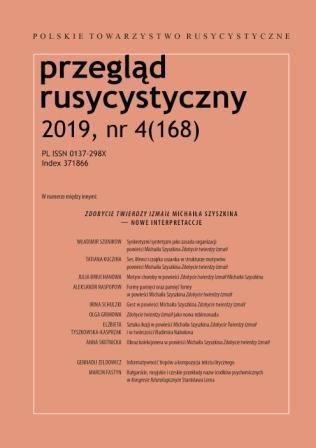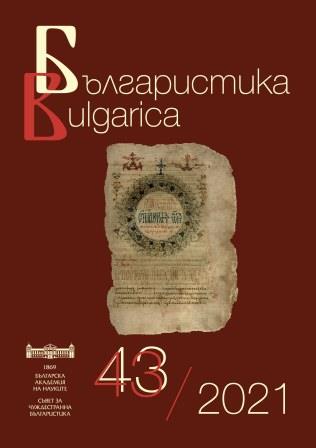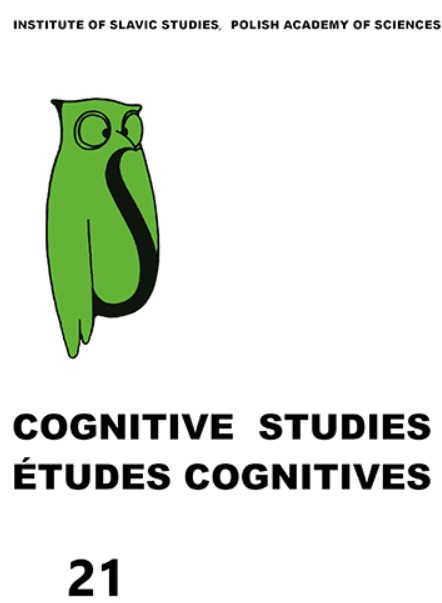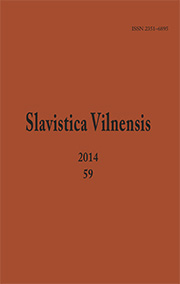
Квазиоппозиции в текстах и грамматиках XVI–XVIII вв. как маркеры устройства славянской категории одушевленности
This article examines the paradigmatic expression of animacy in the XVI–XVIIIth century Russian, Polish, Slovak and Czech languages. In Russian, animate nouns are marked only by neutralization of the Acc. and the Gen. forms, whereas in Czech, the differentiation of animate and inanimate nouns is marked primarily by different case endings for a single grammatical case. Polish and Slovak use both methods. Some texts and grammars from the early development stages of the modern Slavic literary languages reflect the creation of certain artificial oppositions. These quasioppositions are present in Dmitry Gerasimov’s and Maximus the Greek’s translations of the Church Slavonic Donatus, in the first Polish grammar by Pierre Statorius (1568), in the Czech grammars by Beneš Optat, Petr Gzel and Václav Philomathes (1531), Jan Blahoslav (1571) and Matouš Benešovský (1577), as well as in the Slovak Camaldolese Bible (1756-59).
More...
![Księga akt grodzkich trockich [1660–1661] ze zbiorуw Biblioteki Uniwersytetu Wileńskiego](/api/image/getissuecoverimage?id=picture_2013_28543.jpg)
